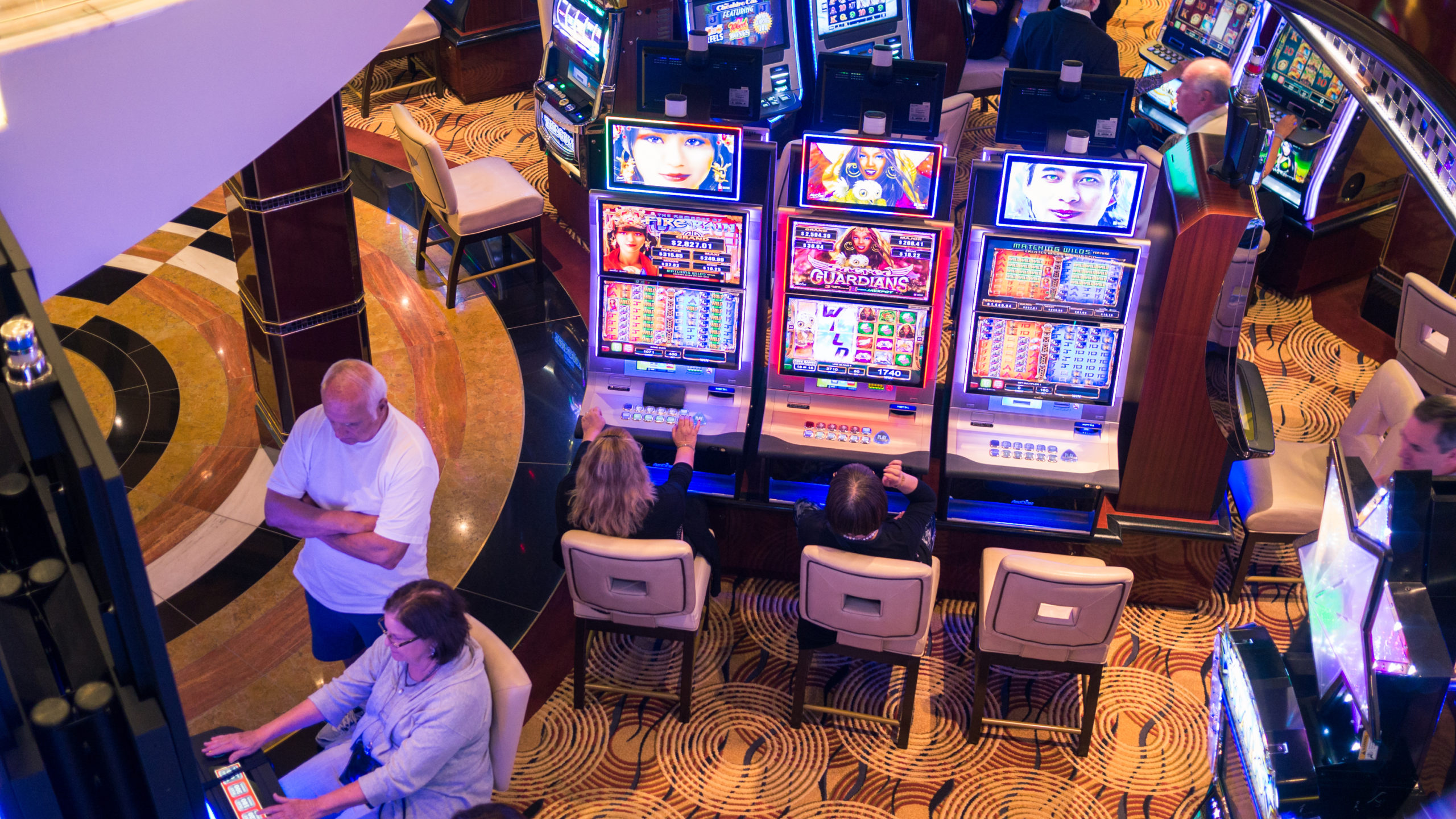
Gambling in casinos has long been a subject of interest and controversy, attracting millions of players around the world. With a mix of luck, skill, and the thrill of uncertainty, casino games offer an exciting escape from everyday life. However, as entertainment becomes ever more available, it calls for a deeper examination of the ethical implications surrounding these games.
At the heart of the discussion lies the issue of whether casinos promote responsible gaming or exploit vulnerable individuals. The allure of potential winnings versus the truth of losses can create a complex dynamic, and understanding this balance is crucial for both players and operators. As we delve into the morals of casino gaming, we will explore the responsibilities of casinos, the impact on society, and the steps that can be taken to foster a healthier gaming environment.
The Impact of Casino Gaming on Society
Gambling in casinos has a significant influence on society, affecting not only the economy but also interpersonal dynamics and local frameworks. The revenue generated from casinos can lead to employment opportunities and boost local economies, as they provide various employment opportunities in multiple fields including food and beverage, leisure activities, and shopping. However, while the economic advantages can be significant, communities often grapple with the potential negative impacts that arise from increased gambling activity. online casino österreich
Moreover, the presence of casinos can lead to an increase in gambling addiction, presenting significant challenges for individuals and families. The thrill of casino games can quickly evolve into a habitual habit, affecting personal relationships and leading to financial instability. Many individuals may struggle with the loss of control over their gambling behaviors, resulting in a need for assistance programs and interventions to address this increasing issue. The social cost of addiction can ripple through families and neighborhoods, creating an urgent need for responsible gaming initiatives.
In addition to the economic and social consequences, casino gaming often showcases cultural attitudes towards uncertainty and entertainment. It can foster a sense of excitement and leisure, attracting tourists and boosting local travel. However, this allure may also conceal the wider implications of gambling as a method of entertainment, raising ethical questions about its advertisement and availability. As communities weigh the benefits and disadvantages of casino gaming, the need for sensible approaches and regulation becomes increasingly critical in ensuring that the positive aspects are enhanced while minimizing the potential harms.
Moral Issues in Betting Activities
The ethics of casino gaming often center around the risk for addiction and its consequences on individuals and households. Gambling can lead to significant monetary distress, impacting not only the betters but also their families. As people become entrapped in the allure of winning, many lose sight of their budget, which can result in devastating outcomes such as bankruptcy. This raises moral questions about the responsibility of gambling establishments in fostering responsible gambling practices and offering support for those who may be dealing with gambling addiction.
Another major issue is the promotion of betting to vulnerable populations. Gambling establishments often aim at low-income individuals or communities with the promise of quick gains, which can continue patterns of financial struggle and despair. In this context, the morality of marketing strategies used by gambling establishments come under examination, as they may take advantage of the desperation of people seeking an escape from financial hardships. This exploitation raises moral questions about the honesty of the betting industry and its responsibility to safeguard its most vulnerable customers.
Additionally, the effect of casino operations on society as a whole cannot be overlooked. While some argue that casinos create jobs and stimulate local economies, others point to the social costs associated with dysfunctional betting, increased criminal rates, and a burden on public services. Balancing financial advantages with the risk for social harm presents a complex ethical dilemma for policymakers and gambling operators alike. The difficulty lies in discovering a responsible approach that prioritizes the welfare of people and communities while still permitting for the enjoyment of gambling gaming.
Regulation Structure and Duties
The legal framework surrounding gambling activities is designed to ensure fairness, trustworthiness, and participant protection. Different government agencies and casino commissions create and enforce regulations that dictate how gambling operations operate, the criteria for product design, and the processes for processing rewards. These regulations vary by region but typically involve permit requirements for operators and strict measures to avoid deception and scams.
In addition to regulatory bodies, casino operators bear significant accountability in maintaining moral standards within their facilities. They must enforce responsible gaming practices that support player protection and awareness, including offering self-limitation options and offering information about the hazards associated with gambling. Casinos are also responsible for training workers to spot signs of problem gaming and be aware of the appropriate actions to assist patrons in trouble.
Furthermore, openness in gaming operations is vital for building and keeping public faith. Operators should provide clear data about the probabilities of operations, marketing deals, and any related dangers. By creating an atmosphere of transparency and accountability, casinos can help mitigate the possible adverse impact of betting while boosting the general gambling experience for all gamblers.
